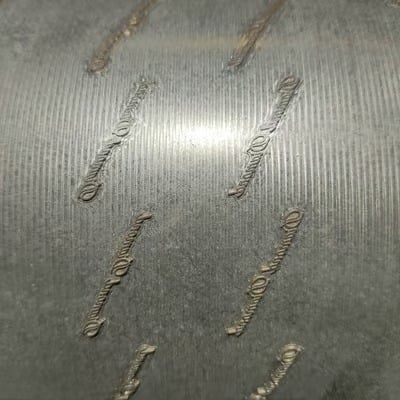The Importance of Reliable thick plate rolling
Thick plate rolling is a crucial process in the manufacturing industry. It involves bending metal sheets or plates to meet specific project requirements. The process needs to be done with the utmost precision and consistency, which is why reliable thick plate rolling is essential.
The Benefits of Reliable Thick Plate Rolling
Reliable thick plate rolling offers a lot of benefits in the manufacturing industry. It results in high-quality products, improved production efficiency, and reduced downtime. Additionally, consistent thick plate rolling ensures that the final product meets design specifications and standards.
The Process of Reliable Thick Plate Rolling
Reliable thick plate rolling involves several steps. First, the metal sheet or plate is loaded onto the rollers. The rollers then apply pressure to deform the metal and create the desired shape. The speed and pressure of the rollers need to be carefully controlled to ensure consistent results. After rolling, the metal may also need to undergo heat treatment or other processing to achieve the desired properties.
The Importance of High-Quality Equipment
The quality of equipment used for thick plate rolling greatly affects the reliability of the process. High-quality equipment ensures that the rollers apply consistent pressure and speed, resulting in accurate and uniform deformation. It also reduces the risk of equipment failure and ensures the safety of workers involved in the process.
The Role of Skilled Operators
The skill and experience of the operators also play a significant role in reliable thick plate rolling. Skilled operators know how to adjust the equipment to achieve the desired results while maintaining safety standards. They also understand the specifics of the metal being rolled, such as its strength and flexibility, and adjust the process accordingly.
The Importance of Quality Control
Quality control is critical in ensuring reliable thick plate rolling. It involves monitoring the process and the product to check for defects and ensure that the final product meets the required standards. Quality control measures include visual inspection, measurement testing, and non-destructive testing.
The Applications of Reliable Thick Plate Rolling
Reliable thick plate rolling has a wide range of applications, including shipbuilding, construction, oil and gas pipelines, and manufacturing of large engineering structures. The process is also used in the production of heavy machinery and equipment, such as mining and agricultural machinery.
The Advantages of Outsourcing Thick Plate Rolling
Outsourcing reliable thick plate rolling can save companies time and resources. Companies can focus on their core activities while skilled professionals handle the thick plate rolling process. Additionally, outsourcing can provide access to advanced equipment and technologies that may not be available in-house.
The Risks of Poor Quality Thick Plate Rolling
Poor quality thick plate rolling can result in defects such as cracks, warps, and deformations, compromising the structural integrity of the final product. It can also result in wasted materials, increased downtime, and increased maintenance costs. In severe cases, poor quality rolling can lead to accidents and injuries to workers.
The Importance of Choosing a Reliable Thick Plate Rolling Provider
Choosing a reliable and reputable thick plate rolling provider is crucial to ensure the quality and safety of the process. It is essential to select a provider with experience in the specific application, access to advanced equipment and technology, and a strong commitment to quality and safety standards.

